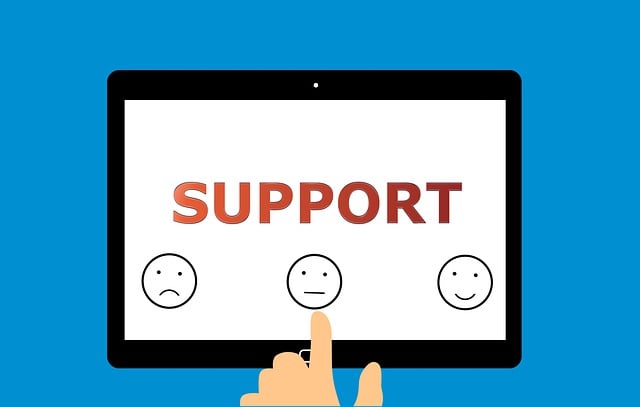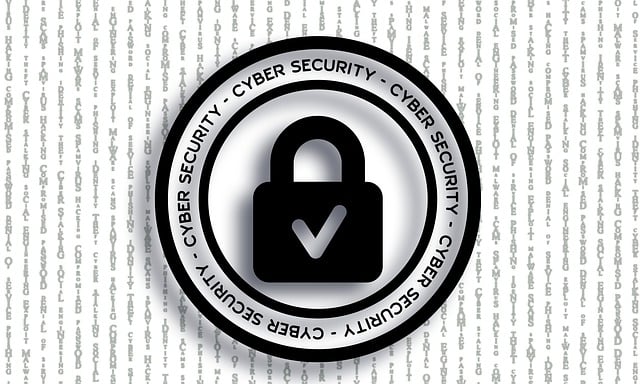Students should be aware of common rental scams targeting them during college life, such as low rent, no credit check offers, and urgent decisions. To avoid these scams, they're advised to use secure platforms for payments, thoroughly verify landlord details and property conditions, and trust their instincts if something seems suspicious. Key practices include avoiding upfront payments without viewing, documenting interactions, and reporting any suspected fraud to relevant authorities. By following these student rental tips, they can enhance their chances of securing safe college housing away from scams.
“Navigating the world of student housing can be challenging, especially with the rise of online rental scams targeting college students. This comprehensive guide aims to empower you with the knowledge and tools to avoid becoming a victim. From understanding common scams like fake listings and unfair agreements to protecting your privacy and verifying landlords, these expert tips will ensure a safe and secure renting experience. Discover how to recognize red flags, negotiate terms, and report fraud, making informed decisions for your student housing journey.”
- Understanding Common Rental Scams Targeting Students
- How to Spot Red Flags in Listing and Advertisements
- Protecting Your Privacy: Safeguarding Personal Information
- The Importance of Verification: Landlords and References
- Negotiating Terms: Avoiding Unfair Lease Agreements
- Reporting and Documenting Fraud: Taking Action Against Scams
Understanding Common Rental Scams Targeting Students

Many students fall victim to rental scams each year as they transition into college life, so it’s crucial to be aware of common tactics used by fraudsters. Student rental tips include vigilance against offers that seem too good to be true, like unbelievably low rent or no credit check requirements. Scammers often target students through online listings, social media, or even door-to-door, posing as landlords or property managers. They may pressure students to act quickly, making it difficult to verify legitimate details.
Recognizing scams involves a critical eye for detail. Be wary of unusual communication methods, such as demanding payments via gift cards or wire transfers. Legitimate landlords typically use secure and well-established payment platforms. Another red flag is missing or vague information about the property, its location, or the landlord’s background. Safe college renting requires thorough research and verification before signing any lease or providing personal information.
How to Spot Red Flags in Listing and Advertisements

When searching for a rental, it’s crucial to stay alert and spot potential red flags in listings and advertisements to avoid falling victim to student housing scams. Be wary of deals that seem too good to be true; extremely low rent or no-strings-attached offers are common tactics used by scammers. Additionally, look out for inconsistencies or vague details in the listing, such as a lack of clear photos, incomplete property descriptions, or mysterious payment methods.
Examining the contact information is another key step in recognizing scams. Legitimate landlords will typically provide a professional email address and phone number. If the listing encourages you to reach out via social media platforms or asks for sensitive information (like bank details) through messages, it could be a warning sign. Trust your instincts; if something feels off, take a step back and consider alternative options to ensure a safe college renting experience.
Protecting Your Privacy: Safeguarding Personal Information

When searching for a place to rent near campus, it’s crucial to prioritize your privacy and protect sensitive personal information. Scammers often target college students, so it’s essential to be vigilant. Be wary of sharing excessive details about yourself, such as your full name, social security number, or bank account information, until you’ve thoroughly vetted the landlord or property manager.
Always use secure communication channels and avoid providing personal data over email or text messages. Instead, request a call or in-person meeting to discuss terms. Remember, legitimate landlords won’t pressure you for immediate decisions or ask for advanced payments without a solid agreement in place—a common tactic in rental scams.
The Importance of Verification: Landlords and References

When on the hunt for a place to call home during college, it’s crucial to approach the process with caution and use every available tool to prevent rental scams. One of the most effective defenses against student housing scams is thorough verification. Before signing any lease or transferring money, students should request and check references from potential landlords.
Asking for contact information of previous tenants allows students to reach out directly and gain insights into the property’s condition, rent history, and overall reliability of the landlord. References can be a powerful tool in recognizing scams and ensuring a safe college renting experience.
Negotiating Terms: Avoiding Unfair Lease Agreements

When looking for a place to rent near campus, students often face high pressure to agree to certain terms quickly. It’s crucial to remember that you have rights as a tenant and should never feel rushed into signing anything. Take your time to read over every line of the lease agreement, understanding what you’re committing to. Look out for red flags like unusually high rent rates compared to similar properties in the area, vague or non-existent details about repairs and maintenance responsibilities, and overly restrictive rules that don’t align with local tenancy laws (such as no pets or subletting).
If something feels off, trust your instincts. Research the landlord online; verify if they have a good reputation. Ask for references from previous tenants and reach out to them if possible. Remember, legitimate landlords won’t mind providing transparency and clear conditions. By negotiating terms and seeking clarification on any unclear points, you can avoid falling victim to rental scams that target college students and secure a safe, fair living environment.
Reporting and Documenting Fraud: Taking Action Against Scams

When facing potential rental opportunities, it’s crucial for college students to develop a keen sense of awareness regarding rental scams. Should any offer seem too good to be true, it likely is. Among the red flags to look out for are unusually low rent, pressure for immediate decision-making, or requests for upfront payments without viewing the property.
Should you suspect a student housing scam, documenting every interaction becomes vital. Save all communication—emails, text messages, and voicemails—as evidence. Additionally, take photos of any property discrepancies or damage. Reporting such fraud to local law enforcement and student affairs offices is encouraged. Many institutions have dedicated resources to assist students in navigating and avoiding rental scams college environments, ensuring a safer transition into their academic lives.














